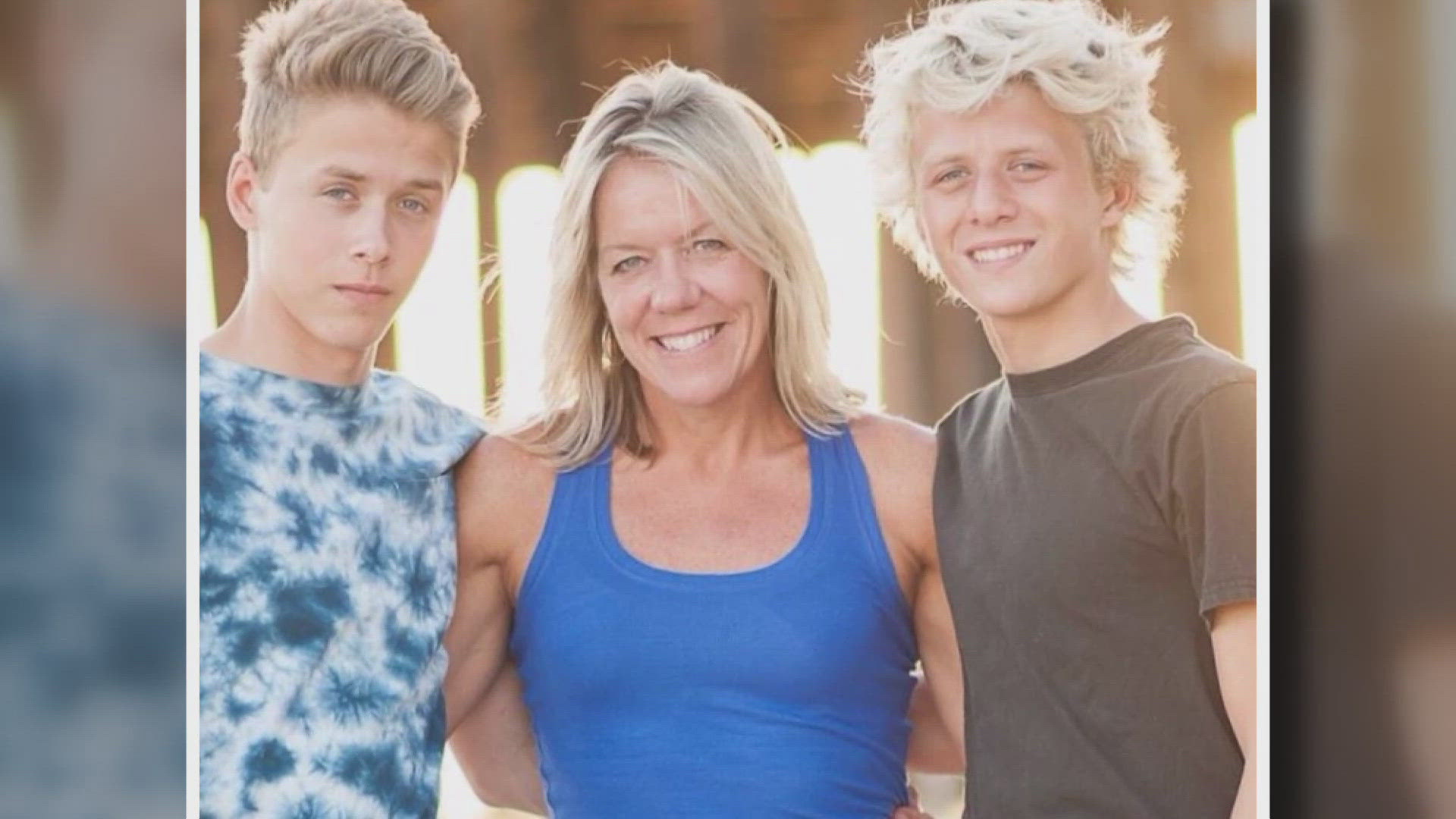KNOXVILLE, Tenn. — More than 200 people have died in Knox County from an overdose, just eight months into 2024. Each of those numbers holds a name, a life and a cry for help against addiction.
"It's a disease. My son had it. So many people have it," said Kristen Gilliland, who lost a loved one to an overdose. "If a parent's love was enough to stop addiction, there would be none."
She said it's more than a cycle and more than an addiction, describing it as a substance hijacking the brain's functionality.
"I hear all the time, 'If they were strong enough, they could stop,'" said Gilliland.
Gilliland knows the feeling of losing a loved one all too well, having lost her 22-year-old son to addiction in 2019.
"Went from marijuana to cocaine to heroin and he, yeah, died of an accidental overdose. It was not intentional," Gilliland said.
Gilliland uses her pain and grief to educate the public on addiction and said that substance abuse is not based on a person's bad choices but a rewiring of the brain.
"It is because their brain is rewired in such a way that it has become imbalanced," Gilliland said.
According to Yale Medicine, dopamine is the chemical that is released when a person receives pleasure. When a person consumes a strong substance the brain will flood with an excessive amount of dopamine, and the more a person will crave this dopamine surge.
"They're really just trying to get to that initial feeling they first felt. But because they keep using the substance, the dopamine reward center goes a little haywire," Gilliland said.
The National Institute on Drug Abuse describes addiction as a "chronic relapsing disorder" because it changes the brain circuits relating to reward, stress and self-control.
Anyone in Tennessee struggling with addiction can reach out for help by calling the Tennessee REDLINE at 800-889-9789.

